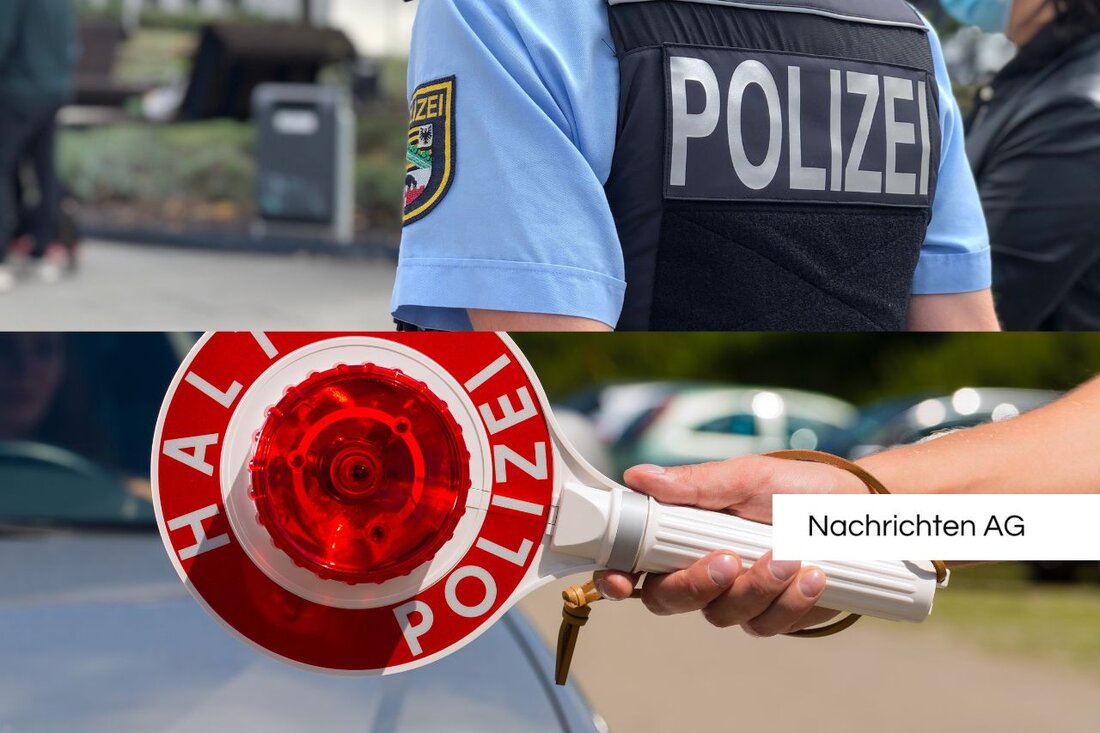Plakolm announces tough course: integration without voluntariness!
Integration Minister Plakolm announces new measures for integration and aid reduction for Ukrainians in Austria.

Plakolm announces tough course: integration without voluntariness!
Integration Minister Claudia Plakolm (ÖVP) has announced a consistent change of course in integration policy. In the future, the willingness to integrate will play a central role in the granting of aid. In particular, family allowances for displaced people from Ukraine will in future be tied to willingness to work, as [oe24] reports. This measure will come into force from November 2025. This could lead to significant financial losses for affected Ukrainian families. Marion Bock, spokeswoman for the “Steiermark Helps” association, warns that this could cause many families to fall below the poverty line. A Ukrainian mother with two children would only have 213 euros per month.
Families with disabled children are particularly affected as they have previously benefited from increased family allowances and are expected to receive 400 euros less per month in the future. This has already led to some families considering returning to Ukraine, as [kosmo.at] reports. The Integration Minister emphasizes that personal responsibility must be strengthened and that integration is a necessity. Displaced people from Ukraine are entitled to family allowance until October 31, 2025. However, innovations are being negotiated for the period after that.
Mandatory integration programs and sanctions
A key part of Plakolm's plan is a three-year mandatory integration program that will be introduced alongside social welfare reform. Asylum seekers with a high probability of staying as well as people with subsidiary protection and displaced persons will be affected by this regulation. If you miss courses without an excuse or fail to report to the employment service (AMS), your integration allowance may be reduced. These measures are necessary to counteract the falling number of asylum seekers and the problems with many empty course places, according to [oe24].
In addition, Plakolm is planning a ban on headscarves for girls under 14 in schools, which is viewed as a question of child welfare. The specific regulations are scheduled to come into force in the fall. Accompanying measures for affected girls and discussions with parents are planned, but the sanctions for not taking off the headscarf are still being agreed upon.
Integration of new family members
Another challenge in integration policy is family members coming to Germany, as shown by a study by the Austrian Integration Fund (ÖIF). This group usually has a harder time integrating than direct asylum seekers. The study shows that 70 percent of the family members brought in are female and many of them live with underage children. Compared to refugees who apply directly, they are less likely to be employed and also take fewer German courses. Plakolm sees these results as confirmation of her integration policy, as Chancellor Christian Stocker sees stopping family reunification as a necessary step to prevent the systems from being overloaded, reports [orf.at].
Plakolm also calls for a stronger European approach to age controls on social media platforms. She sees the need for a uniform approach at European level and a focus on the safety of children and young people.
In summary, it can be seen that the government is responding to the current challenges in integration policy with several measures. The focus on personal responsibility and the introduction of mandatory programs are intended to promote integration and make support for displaced people more effective.

 Suche
Suche
